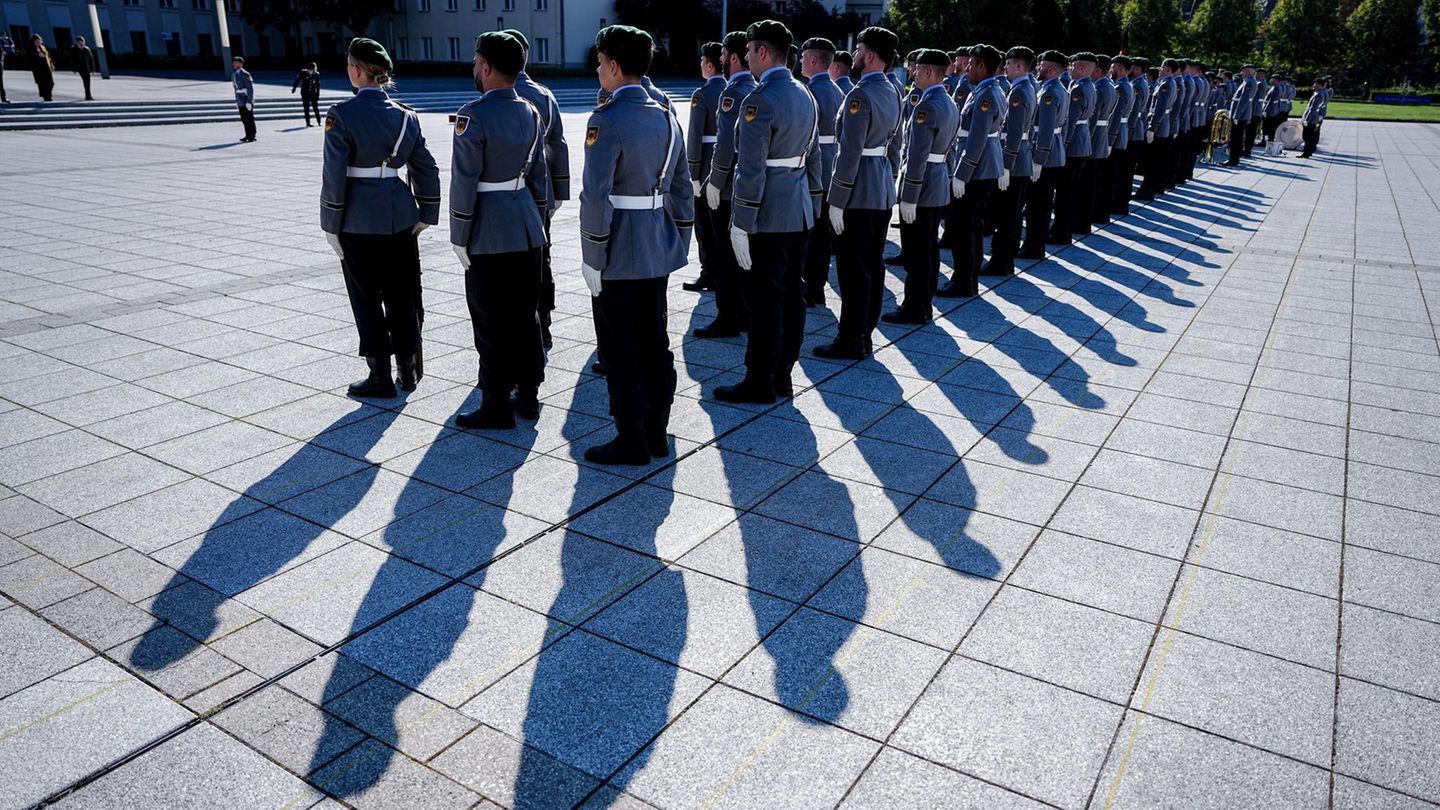Ivano-Frankivsk was on the right track. Maybe even on the best to become a new economic and cultural center in western Ukraine. Tourists passed through the gateway to the Carpathians, students from all over the republic signed up for the National Technical University of Oil and Gas. The development was western. In 2018, the city was awarded the Europe Prize because “it is the most actively committed to the European ideal”.
The city, 100 kilometers south of Lviv and barely larger than Linz, had prospects when Lesia Tyenoniuk settled there with her family. The home they created for their three children cost them a lot of energy and even more money. But life was beautiful and full of hope, she says, when everything started to change.


Farewell to home
On the morning of February 24 there is a fire in Ivano-Frankivsk. A Russian missile hits parts of the airport four kilometers southwest of the city center. The war has started. Here too.
Lesia Tyenoniuk, her husband and their three children are still in town. The feeling of giving up too much too quickly makes her hesitate. The attacks of the Russian army then shifted to the east of the country, Ivano-Frankivsk no longer seems to be a target for the time being. Three weeks later, on the night of March 13, explosions occur again. Again the airport, an air force base, is attacked. Ruslan Martsinkiv, the city’s mayor, called on nearby residents to leave the area as soon as possible and urged everyone else: “I ask you all to be as careful as possible and take care of yourselves.”
The life of the Tyenoniuk family is turned upside down. Escape is no longer the last option, it becomes the only one. Five of the family get into the car. The destination, around 280 kilometers or four and a half hours’ drive away: Vysné Nemecké, eastern Slovakia.
Farewell to the family
They arrive in the Ukrainian border town of Uzhhorod in the morning of March 15. The night was cold and the morning sun warmed them only to a limited extent. They cross the border on foot. In a group of four. Lesia’s husband remains in Ukraine. “I really wanted that too. Everyone here wants that. But my husband said I had to get the children to safety,” she says. She feels completely lost, had to give up everything she loved. “My sister lives in Kharkiv. Or lived there. She too fled across the Polish border,” says Lesia Tyenoniuk.
Her children are 13, twelve and six years old, with whom she boarded the big bus that is supposed to take her far away. To Vienna, temporarily. “We want to go back as soon as possible. This is our home and it will remain so,” she says. But first it’s time to say goodbye.


The American evolutionary psychologist Eric Klinger once said that having to part with important goals, people or places is tantamount to a psychological earthquake.
Farewell is also the sad slogan that characterizes the scenery on the Ukrainian borders. From fathers, grandfathers, uncles and brothers. Tears flow, children cannot understand what they see. Mothers can’t believe that they are now on their own. For people fleeing Ukraine, it is a psychological earthquake that leaves nothing in its usual place. Interpersonal relationships are destroyed, contacts break off, dreams are razed to the ground.
No farewell without a new beginning
Only hope remains as the foundation for a new beginning. Hope for a reunion, hope for peace, hope for at least a standstill of arms. None of those who, thousands of kilometers from their homeland, are trying to find a new life want to reconcile themselves to saying goodbye forever. It should be a part of life.


Source: Nachrichten




